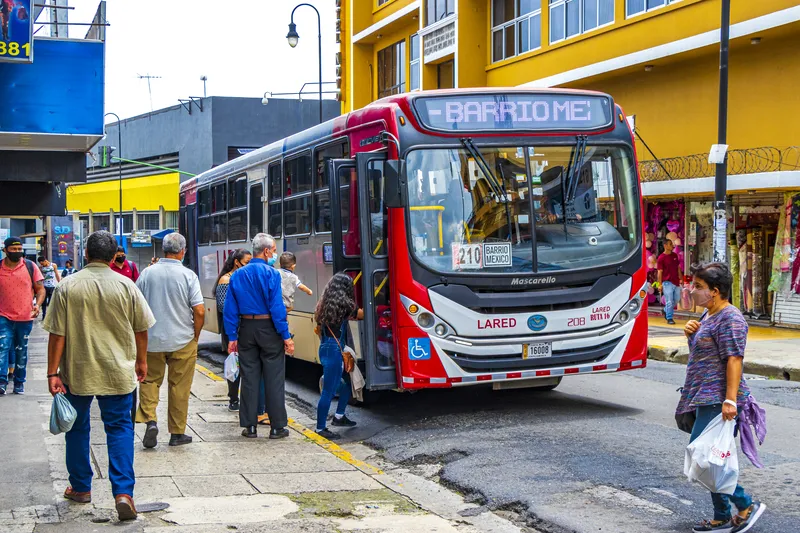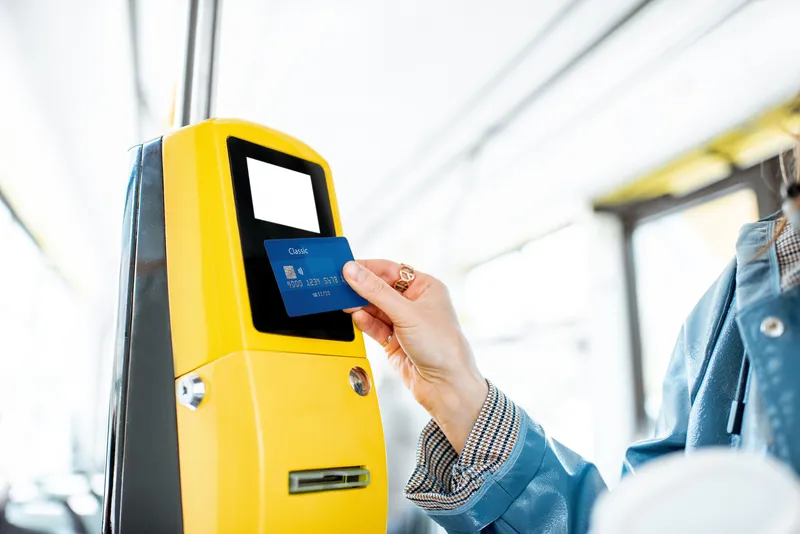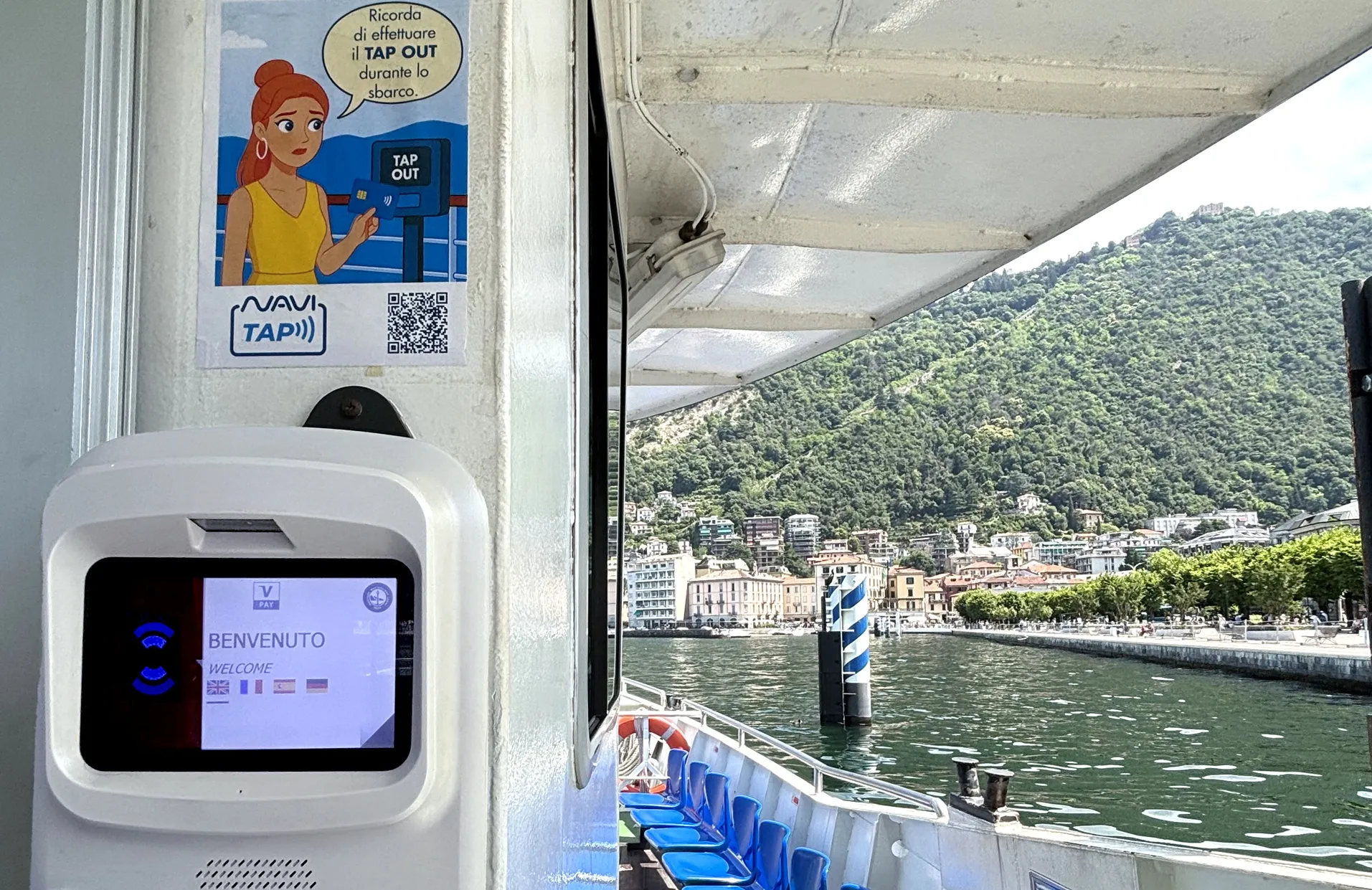
Littlepay has been selected as a contractor of the Central Bank of Costa Rica (BCCR) to facilitate contactless EMV payments on public transit in the central American country.
The company will be helping to implement the National Electronic Payment System for Public Transportation (SINPE-TP), which will allow users to pay in transit with their bank card for pay-as-you-go trips.
Littlepay will process open payments within this new payment ecosystem.
Costa Rica’s government aims to make fare collection on public transport more efficient and secure, in turn promoting greater use of public transport in the country.
The back office will be connected to Littlepay’s payment platform and will receive transaction (tap) data from passengers made on board buses and trains run by Costa Rica's state-owned rail authority Incofer.
The SINPE-TP is designed to ensure the correct collection of fares and distribution of revenue among operators.
Launching with flat fares, it can be configured to apply fare caps and discounts, as well as other fare models that Costa Rican transport services may require in the future, including processing payments with QR codes and mobile wallets.
The system will be gradually introduced to bus services, starting with an initial launch across 200 buses this year, and is expected to expand to 5,000 buses with an estimated 600 million transactions per year.
By the end of 2021, 98% of cards in circulation in Costa Rica had contactless technology and approximately 77% of all card transactions were contactless.
The BCCR has estimated that incorporating contactless open loop payments into public transport services could reduce cash payments nationwide by 25%.
Littlepay will support BCCR to integrate a variety of validators into the system, allowing transport operators to choose from different payment terminals.
"The forward-thinking approach taken by the Costa Rican government and the BCCR will deliver the interoperability and seamless travel experience that so many cities around the world aspire to," said Amin Shayan, CEO of Littlepay.
“Littlepay's modular payments infrastructure and APIs are designed to plug and play with various hardware, software and payment systems, and adapt to future changes in technology. We look forward to working with our partners to get this project launched.”
The firm is working with two acquiring banks (BAC-Credomatic and Banco Nacional) as part of the integration process, and others may integrate in the future.









